Understanding 48 Volt 100Ah Lithium Batteries Capacity and Duration
What is the capacity of 48V 100Ah lithium battery?
A 48V 100Ah lithium battery has a nominal voltage of 48 volts and a storage capacity of 100 ampere-hours (Ah). This translates to a total energy storage capacity of 4.8 kilowatt-hours (kWh), calculated as:
Energy (kWh)=Voltage (V)×Capacity (Ah)=48×100=4,800 watt-hours or 4.8kWh
In order to predict how long this battery will be able to feed a device or system, one should know its power consumption.
How Long Does a 48-Volt 100Ah Lithium Battery Last During Operation?
For example, if this battery is used to power a device that draws 500 watts, you can follow these steps to estimate the usage time:
First, convert the power consumption from watts to kilowatts: 500 watts = 0.5kW.
Then, calculate the usage time by dividing the battery capacity by the power consumption: 4.8kWh (total battery energy) ÷ 0.5kW (device power) = 9.6 hours.
- 500-watt load: A 4.8kWh battery can power this for approximately 6 hours(4,800 ÷ 500 = 9.6).
- 1000-watt load: The runtime drops to around 8 hours(4,800 ÷ 1,000 = 4.8).
Based on this calculation, the battery could theoretically run a 500 watt device for about 9.6 hours, while a 1000w device would only run for 4.8 hours. However, in practice, the actual time will be different because of the many efficiency losses and differences in the real usage environment such as differences in the operating environment, e.g. inverter efficiency (typically 90%-95%) and temperature variations.
What are the factors that affect the duration of a 48V battery?
Knowing those factors that influence the 48V battery's range will help improve the performance of the battery and extend its life. Several factors such as capacity, load that the battery is powering, and depth of discharge all determine how long a device can be powered by a given battery.
Below are a few of the main factors that together determine the length of time a 48V battery will last:
Battery capacity (Ah): This is the amount of electrical power the battery can store; higher values of Ah mean it will last longer, that is, supply the system for a longer time. For example, a 200Ah battery will last longer providing the same electrical load in comparison with a 100Ah battery.
DoD-D Depth of Discharge: A measure of the percentage that indicates how much power a battery will be able to use from a charge in one full cycle of charge and discharge. Some lithium batteries, for instance, have a depth of discharge pegged at 80% use in one full charge/discharge.
Device Power Demand: The more power-consuming devices attached to the battery, the quicker the battery uses up power, and this reflects directly in the length for which the battery lasts.
How many charge/discharge cycles would you want the battery to go through?
When we talk about the lifetime of a A lithium-ion battery, we are actually referring to the number of full discharge/charge cycles it can go through. However, the number of cycles a battery can go through depends not only on how it is charged but also on your definition of a charge cycle. Do you charge at the end of each day, or as soon as your tools are finished? Or do you charge at lunchtime so that you return to work with a full charge? Other important factors in the battery life are the configuration of the battery, its capacity, and the temperature of the storage environment.
Unfortunately, many manufacturers define a charge cycle as simply any moment when you place a battery on a charger and begin charging. While one of the advantages of lithium-ion batteries is that they have no battery memory effect, you can still shorten the total life of the battery and its pack if you charge it more often than necessary.
Currently, most power tool manufacturers claim that you can expect at least more than 1,000 charge cycles from a battery. This equates to approximately 2.7 years of use if you charge your battery once a day, or 3.8 years if you charge it only during a five-day workweek. Some manufacturers even claim that their batteries can withstand 2,000 charge cycles, in which case the above time estimate can be extended accordingly.
How to prolong the life of lithium-ion batteries
To extend the life of a lithium-ion battery, several options can be considered, including:
Optimize charging cycles: avoid deep discharging and overcharging since this, over time, will reduce the battery power. Try to keep the charge between 20% and 80%, which optimizes the life of the Li-ion battery, reduces wear, and ensures better performance.
Using a Battery Management System: A BMS works to balance every cell, keep voltages within their safe ranges, and avoid overcharge or deep discharge conditions. A good BMS minimizes energy losses and prevents damage to the battery, thus preserving power and prolonging battery life.
Temperature control: Operating temperature is one of the most critical factors that affect the electrical efficiency of lithium batteries. Too high or low temperatures accelerate aging or reduce the power storage capacity of the battery. Ideally, the battery should be placed in an environment at 20 ℃ to 25 ℃ (68℉-77℉).
Avoid complete discharge: Lithium batteries are more suited to partial discharge than complete discharge. Batteries should not be fully discharged too often but rather more frequently recharged to ensure a longer service life.
Recalibrate periodically: For those batteries with a charge meter, it is recommended that the battery be recalibrated by fully discharging it after every 30 charges.
Every battery is an investment, A 48-volt lithium-ion deep-cycle battery offers unparalleled energy storage, efficiency, and longevity. Whether you’re powering a home, EV, or industrial setup, its advantages far outweigh the initial investment.
FAQ
▼
Key Application Areas
1. Solar Energy Storage: Ideal for off-grid and hybrid solar systems, storing excess daytime power for nighttime use.
2. Electric Vehicles: Perfect for electric scooters, golf carts, and small EVs due to lightweight design.
3. Backup Power Systems: Provides reliable power for essential appliances during outages.
4. Marine Applications: Efficiently powers navigation systems and equipment in challenging conditions.
▼
Lifespan Extension Tips
1. Charge Management: Recharge when battery reaches 20-30% capacity.
2. Temperature Control: Operate within recommended temperature ranges to prevent thermal stress.
3. Proper Charging: Use compatible chargers with safety features.
4. Storage Conditions: Store at ~50% charge in a cool, dry place when not in use.
▼
Pricing Range
A 48V 100Ah lithium battery typically costs between $700 and $1,500, varying by brand and quality.
▼
Battery Comparisons
12V vs 48V 100Ah Batteries:
- 12V 100Ah: 1.2kWh energy storage
- 48V 100Ah: 4.8kWh energy storage (4 times more dense)
LiFePO4 vs Lead-Acid Batteries:
- Higher energy density
- Longer lifespan (2,000-5,000 cycles vs 500-1,000)
- Low maintenance compared to lead-acid batteries

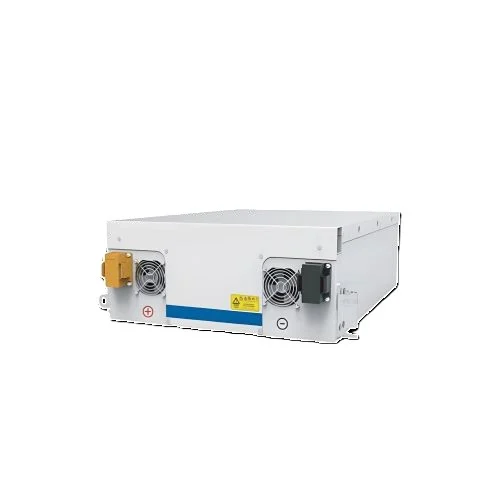
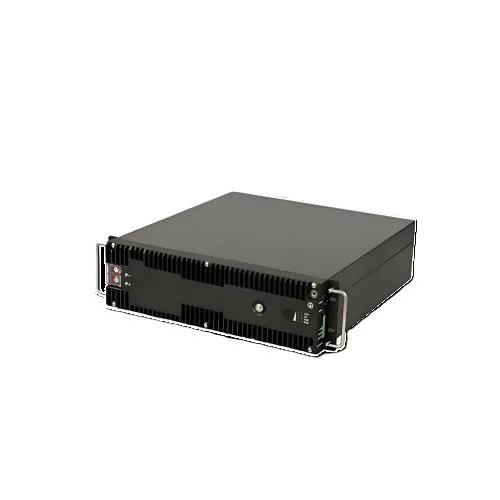
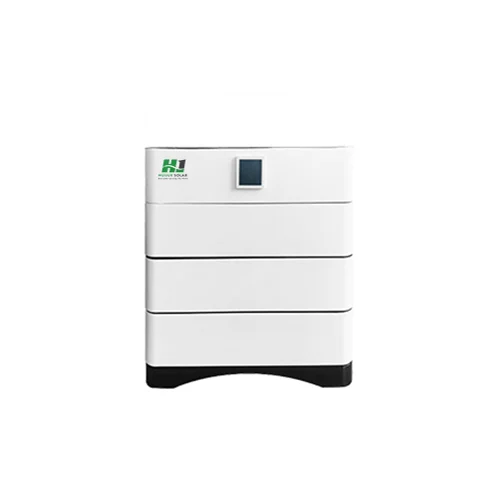
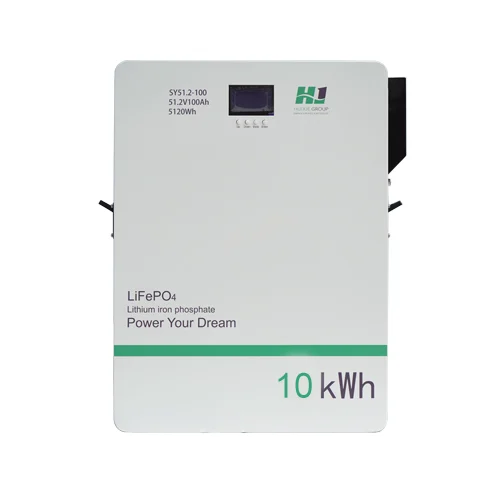
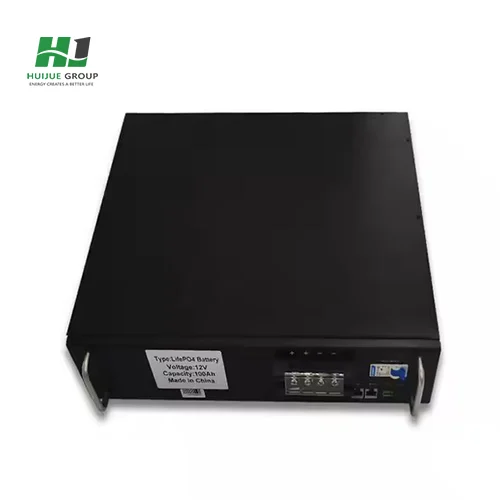
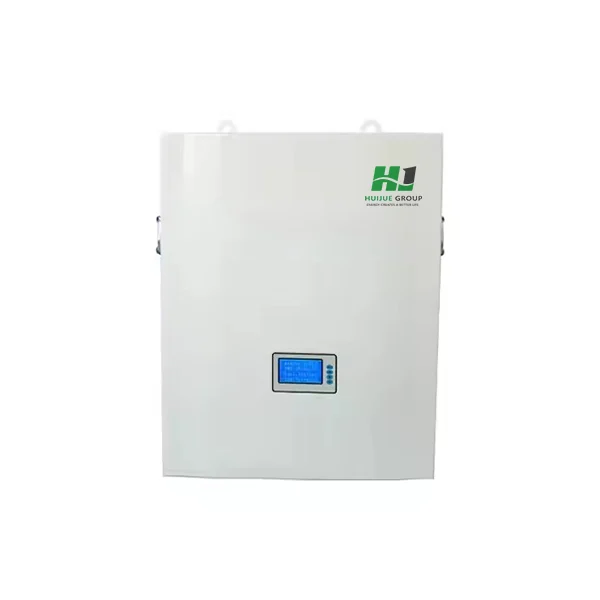
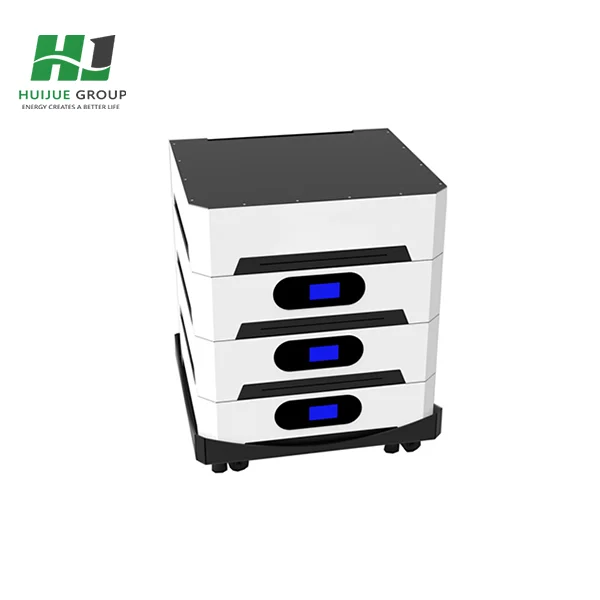
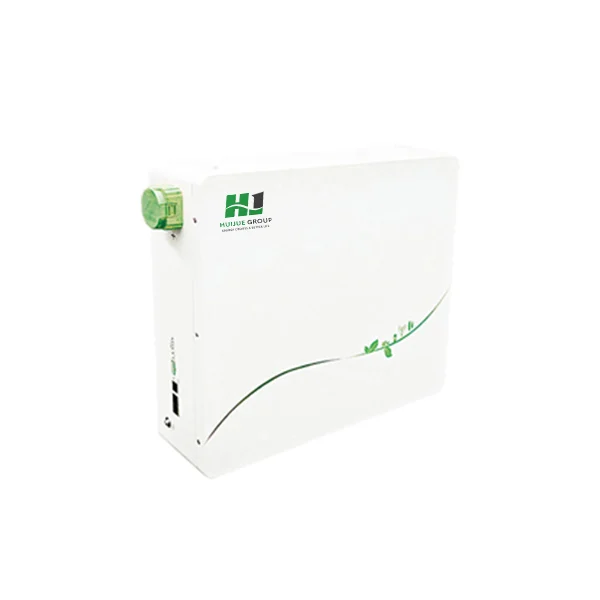
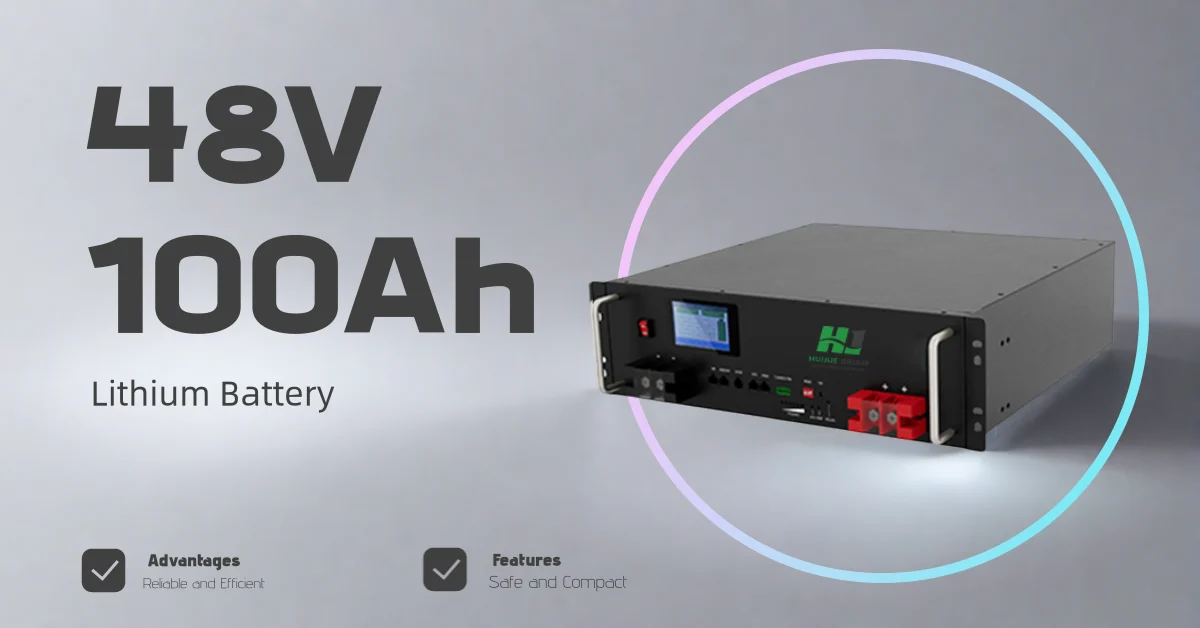

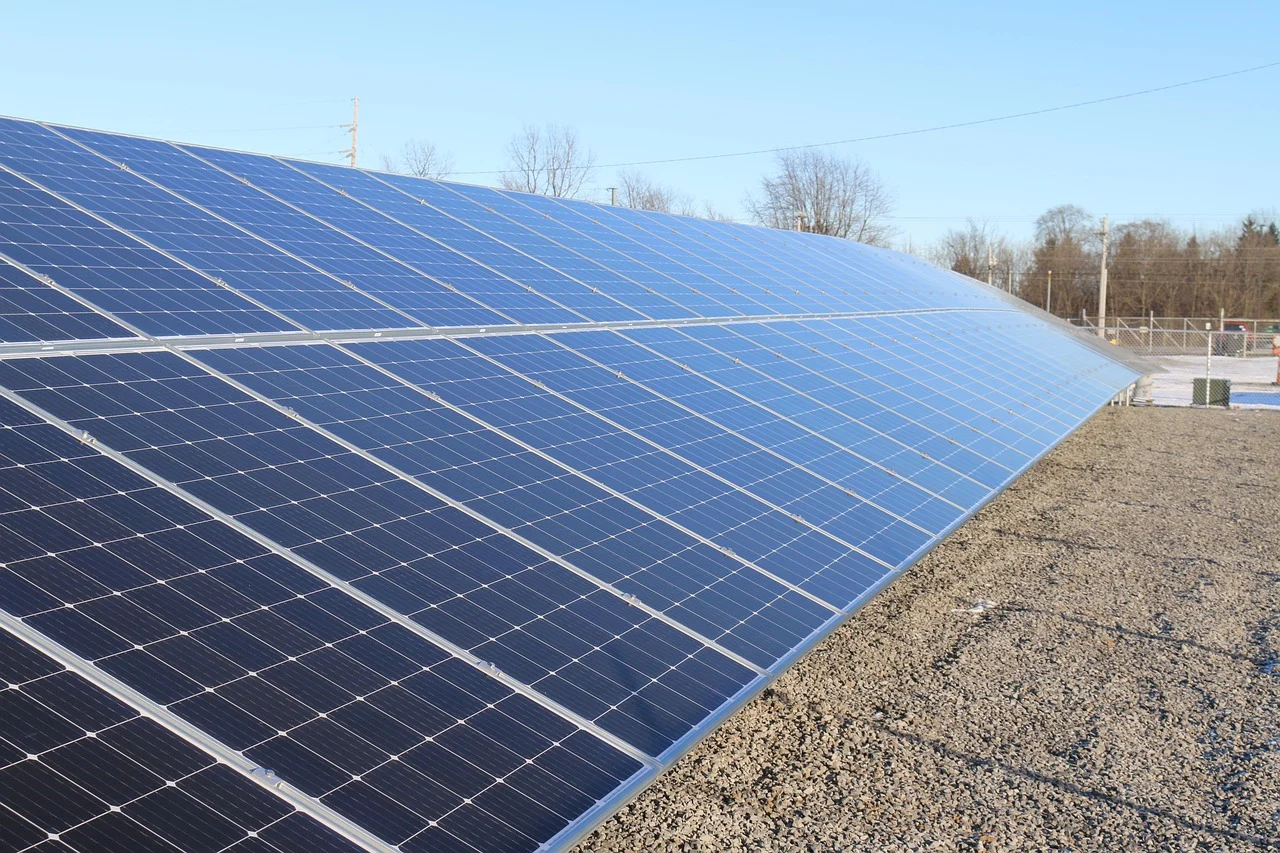
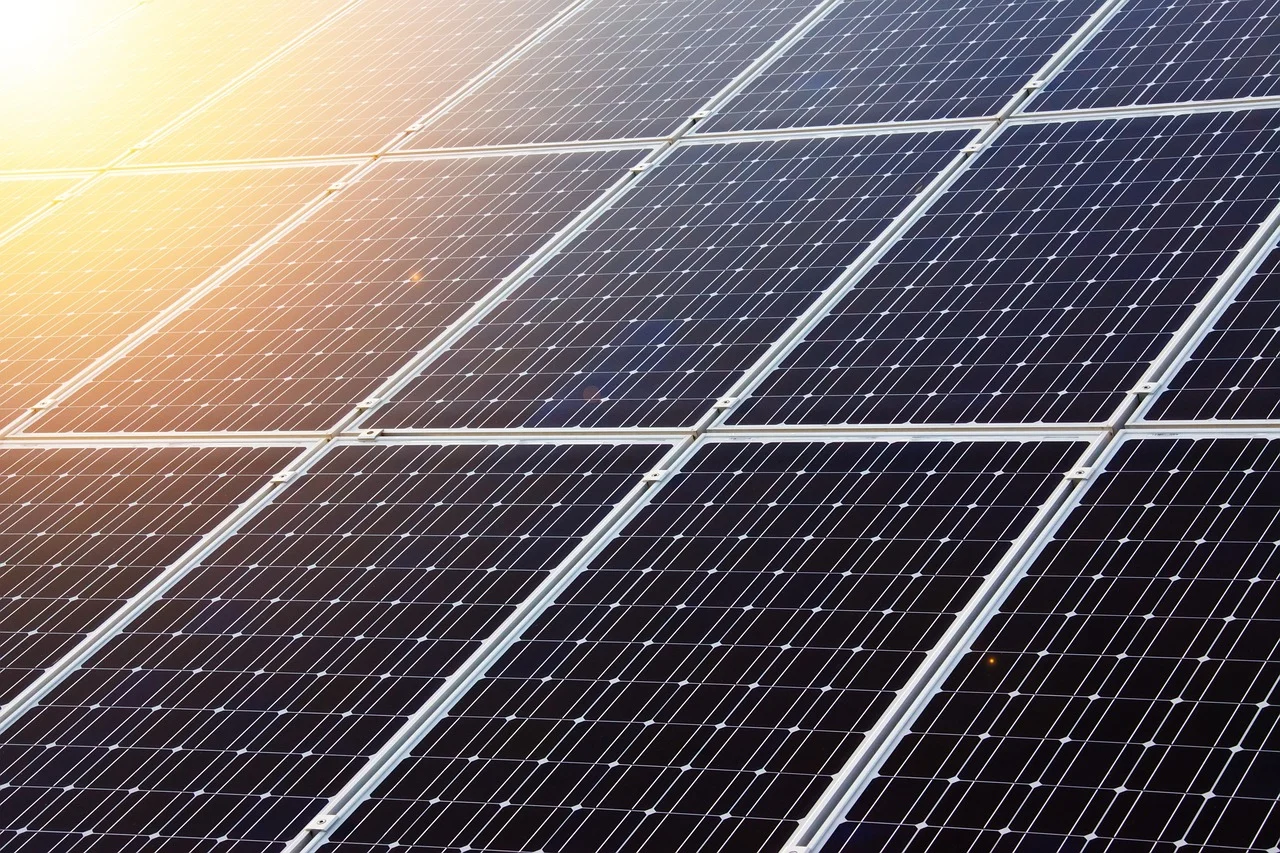

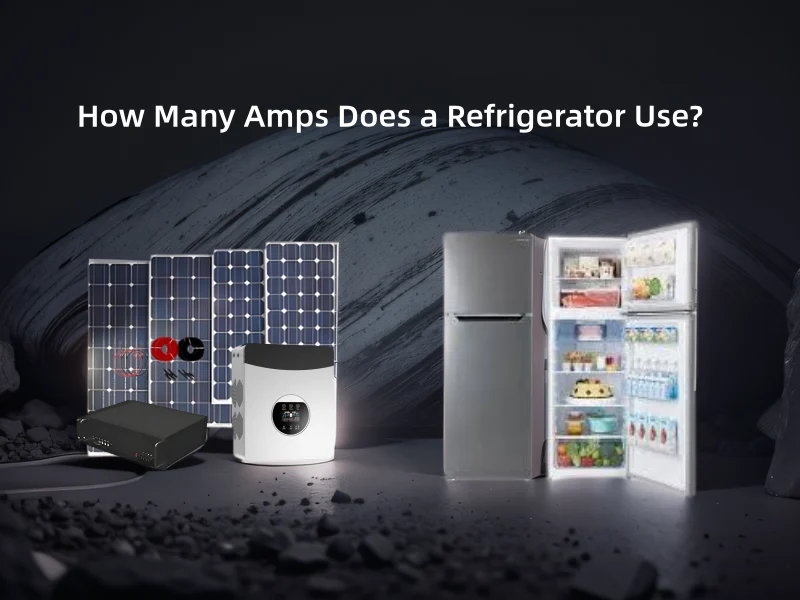
 Afrikaans
Afrikaans Albanian
Albanian Amharic
Amharic Arabic
Arabic Armenian
Armenian Azerbaijani
Azerbaijani Basque
Basque Belarusian
Belarusian Bengali
Bengali Bosnian
Bosnian Bulgarian
Bulgarian Catalan
Catalan Cebuano
Cebuano Chichewa
Chichewa Chinese (Simplified)
Chinese (Simplified) Chinese (Traditional)
Chinese (Traditional) Corsican
Corsican Croatian
Croatian Czech
Czech Danish
Danish Dutch
Dutch English
English Esperanto
Esperanto Estonian
Estonian Filipino
Filipino Finnish
Finnish French
French Frisian
Frisian Galician
Galician Georgian
Georgian German
German Greek
Greek Gujarati
Gujarati Haitian Creole
Haitian Creole Hausa
Hausa Hawaiian
Hawaiian Hebrew
Hebrew Hindi
Hindi Hmong
Hmong Hungarian
Hungarian Icelandic
Icelandic Igbo
Igbo Indonesian
Indonesian Irish
Irish Italian
Italian Japanese
Japanese Javanese
Javanese Kannada
Kannada Kazakh
Kazakh Khmer
Khmer Korean
Korean Kurdish (Kurmanji)
Kurdish (Kurmanji) Kyrgyz
Kyrgyz Lao
Lao Latin
Latin Latvian
Latvian Lithuanian
Lithuanian Luxembourgish
Luxembourgish Macedonian
Macedonian Malagasy
Malagasy Malay
Malay Malayalam
Malayalam Maltese
Maltese Maori
Maori Marathi
Marathi Mongolian
Mongolian Myanmar (Burmese)
Myanmar (Burmese) Nepali
Nepali Norwegian
Norwegian Pashto
Pashto Persian
Persian Polish
Polish Portuguese
Portuguese Punjabi
Punjabi Romanian
Romanian Russian
Russian Samoan
Samoan Scottish Gaelic
Scottish Gaelic Serbian
Serbian Sesotho
Sesotho Shona
Shona Sindhi
Sindhi Sinhala
Sinhala Slovak
Slovak Slovenian
Slovenian Somali
Somali Spanish
Spanish Sundanese
Sundanese Swahili
Swahili Swedish
Swedish Tajik
Tajik Tamil
Tamil Telugu
Telugu Thai
Thai Turkish
Turkish Ukrainian
Ukrainian Urdu
Urdu Uzbek
Uzbek Vietnamese
Vietnamese Welsh
Welsh Xhosa
Xhosa Yiddish
Yiddish Yoruba
Yoruba Zulu
Zulu